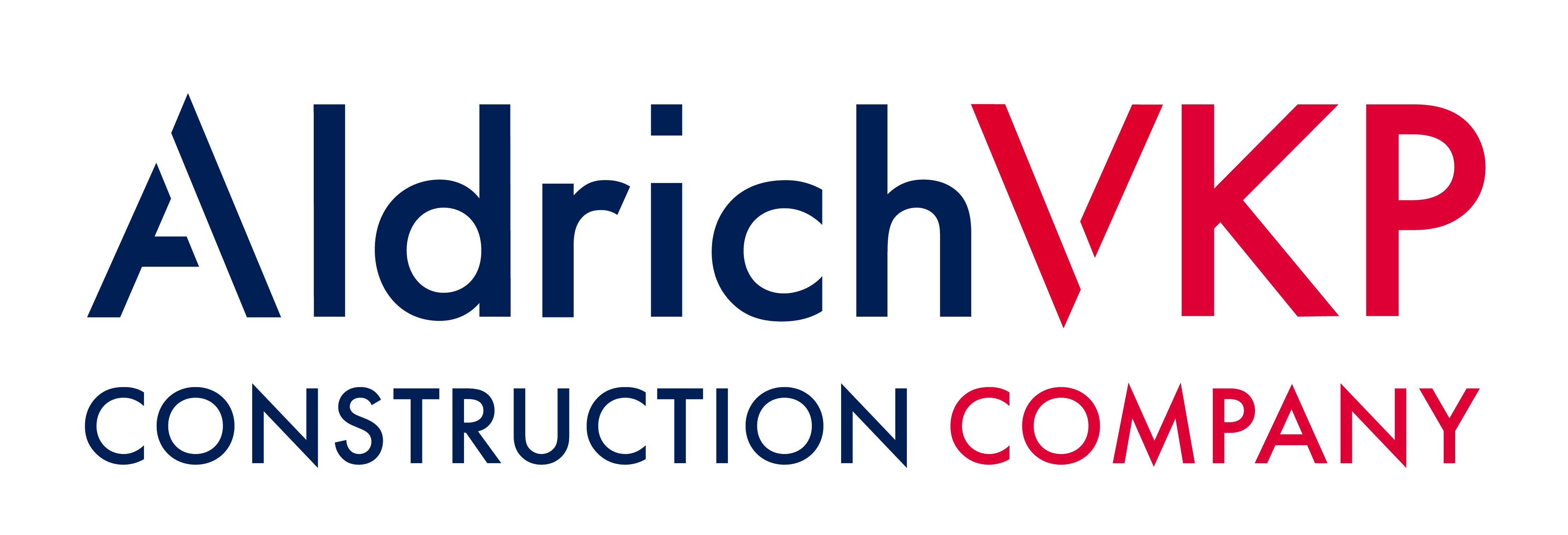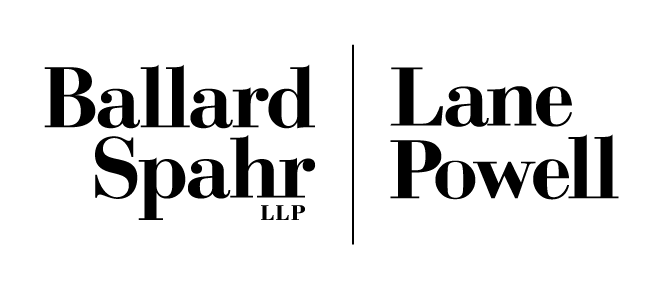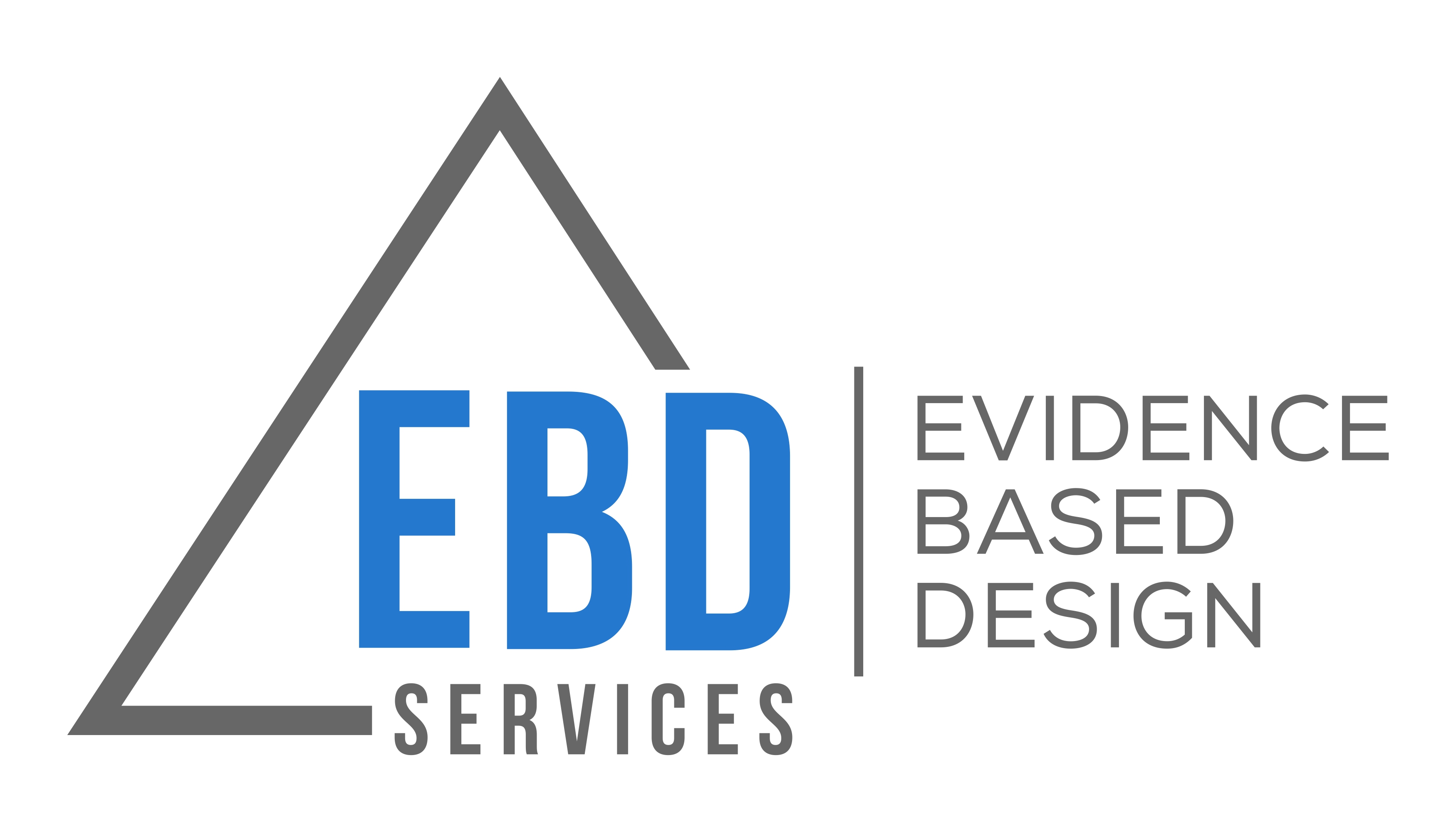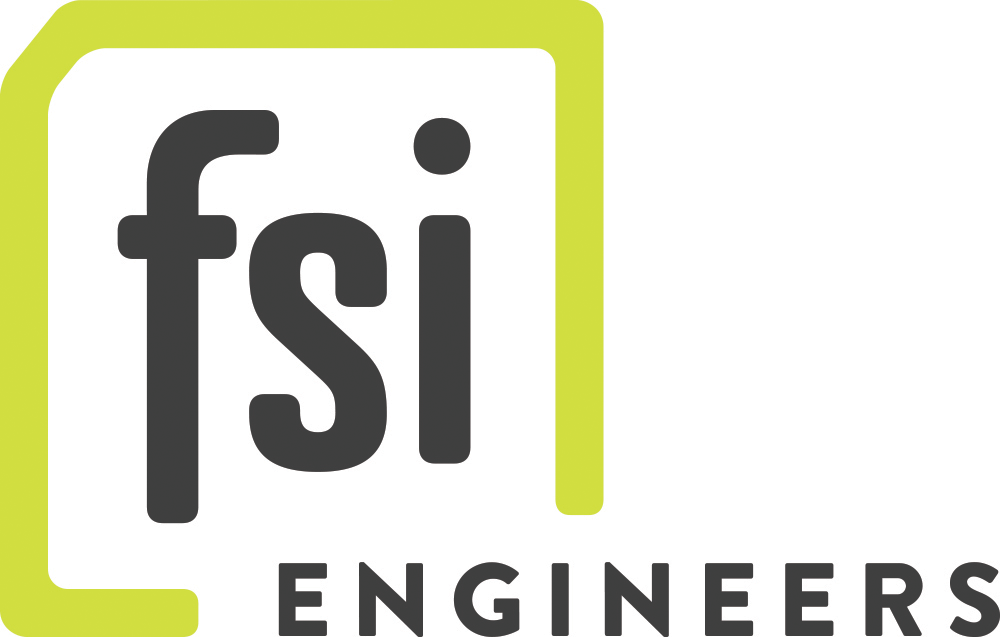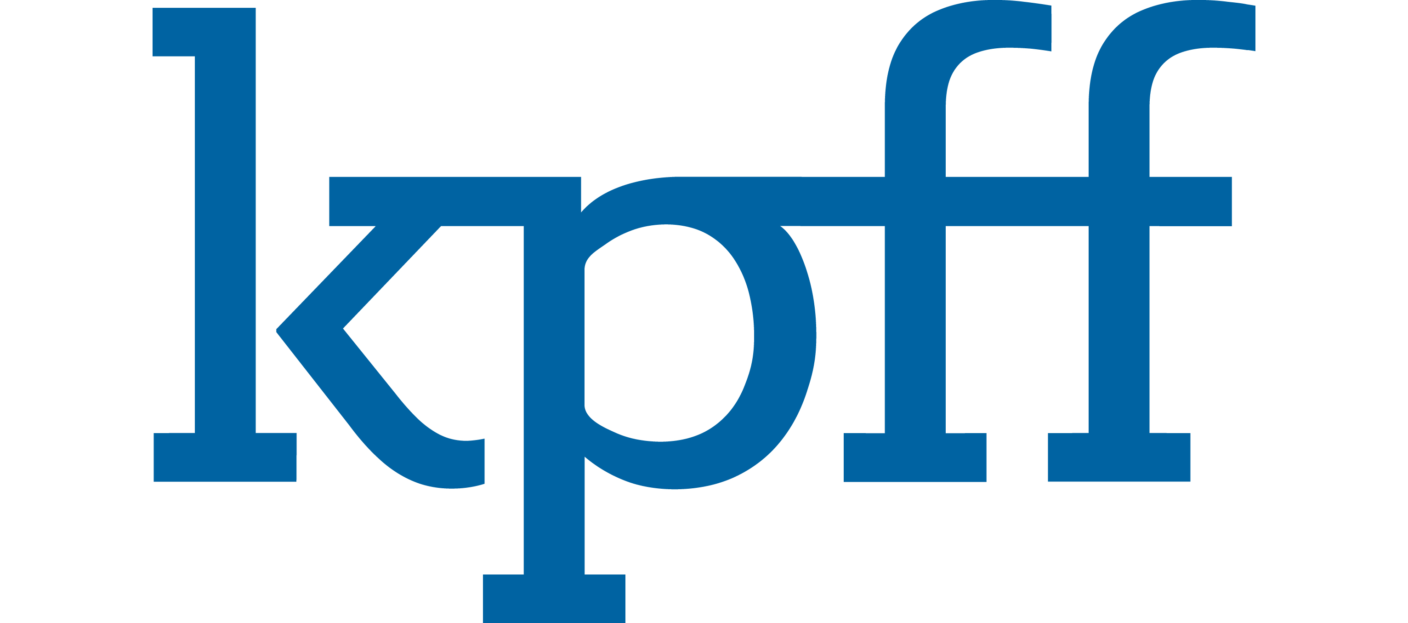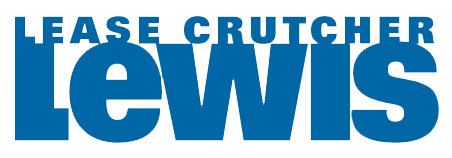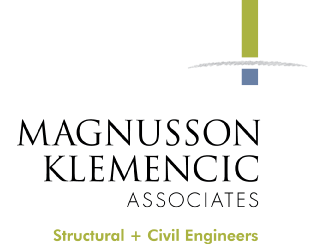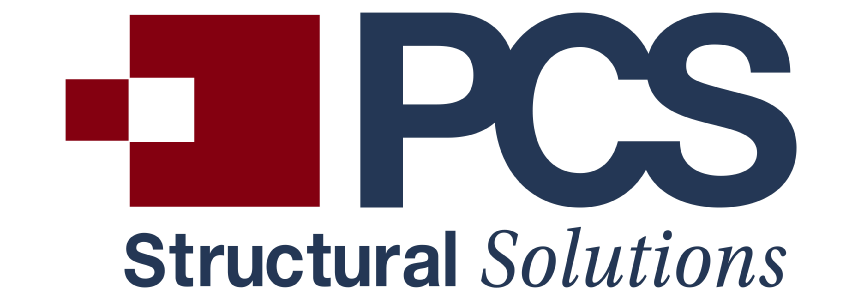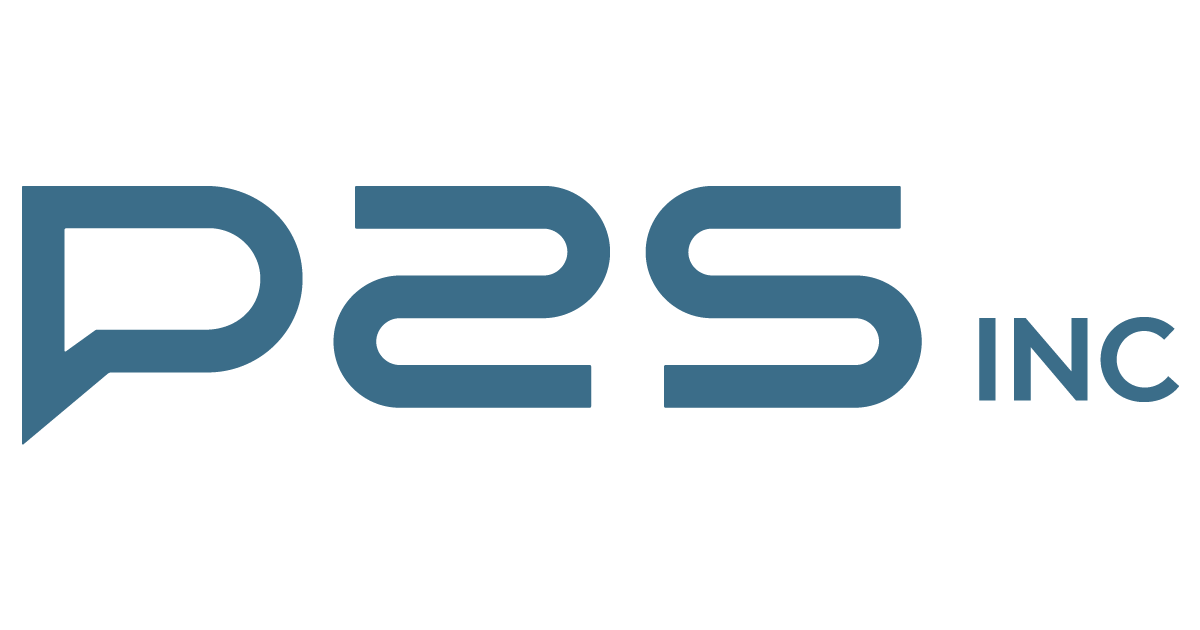SDCI Q&A
On May 20, AIA Seattle held an online Q&A with SDCI about their project-related processes during COVID. You can watch that video here. Use password 8x+8M8uA
Codes
SDCI Delays 2018 Construction Code Implementation to November
On March 19, the Seattle Department of Construction and Inspections (SDCI) issued the following announcement related to the 2018 code update scheduled to go into event July 1, 2020:
SDCI is in the process of updating Seattle’s construction codes to the 2018 versions of the building, residential, existing buildings, mechanical, energy, fuel gas, and plumbing codes. We have been aiming for an effective date of July 1, 2020, to align with the effective date of the Washington State building codes. However, due to many factors, including the impacts of the COVID-19, the effective date of Seattle’s codes will be delayed until November 1, 2020. If the 2018 Washington State construction codes effective date is delayed past November 1, we will align the effective date of our codes with the State.
Please read the latest message from SDCI here for updates, and visit the code update website for continued information and to review proposed code change documents. If you have questions, please contact Micah Chappell, Technical Code Development Manager, at micah.chappell@seattle.gov.
State Code Delay
On April 2, Gov. Inslee issued an executive order delaying the implementation date of the 2018 code updates from July 1 to Nov. 1, 2020. Subsequently, Inslee was asked by some state legislators and interest groups to delay the state code further – to July 1, 2021 – but he recently issued a response denying that request.
Permitting
SDCI Closes Public-Facing Resources
SDCI has closed its Applicant Services Center, Public Resource Center, and the 19th floor reception area. Alternative methods of reaching SDCI are available online. Click here for more info.
Inspection Services
SDCI has reduced its inspection services to only those that support construction activity that is deemed essential per Gov. Inslee’s Stay Home, Stay Healthy order.
Design Review
On April 28, the Seattle City Council passed emergency legislation to move affordable housing projects more quickly through the Design Review process under COVID restrictions a week after failing to pass the proposal by one vote. The legislation:
- Shifts projects that are subject to full design review to administrative design review for six months (or earlier if the city can get design review online).
- Exempts from design review certain affordable housing projects funded by the Office of Housing (these are currently required to go through administrative design review).
- Bypasses Landmarks Preservation Board meetings by allowing certain decisions to be made by the city’s Historic Preservation Officer rather than the Board.
Additional Design Review guidance from SDCI can be found here. Questions regarding Design Review may be sent to Lisa Rutzick at SDCI, Lisa.Rutzick@seattle.gov.
More SDCI Information
On May 20, AIA held a Town Hall Q&A with SDCI staff covering many of these issues. You may view the recording here. Use the password: 8x+8M8uA
For more information about SDCI processes under COVID, check out SDCI’s blog, Building Connections.
Active Construction Projects & Ongoing Business
Phase 2 Guidance
On May 15, Gov. Inslee’s office released a memo discussing the reopening of “professional services,” including architecture offices. In counties that have reached Phase 2 of the governor’s Safe Start approach, businesses can resume all operations immediately as long as they meet and maintain all requirements, including providing materials, schedules, and equipment needed to comply. You can find the guidance for reopening for Professional Services here: Guidance for Professional Services. These requirements are significant, and they could be amended at any time by the governor’s office.
Phase 1 Guidance
On March 23 Gov. Inslee issued a “shelter in place” order, called “Stay Home Stay Healthy”, for Washington. The order outlines the requirements for all people to remain in their homes “except to conduct or participate in essential activities and/or employment in providing essential business services.” The order includes a list of sectors and business functions the governor has designated as “essential,” allowing them to remain open.
On March 25, Governor Inslee released a memo specifically addressing the construction industry, clarifying what parts of the industry are considered “essential” per the order. In the memo he states that, “in general, commercial and residential construction is not authorized under the Proclamation because construction is not considered to be an essential activity.”
The memo goes on to state that only construction related to essential activities, as described in the order, will be considered essential. Projects considered essential are construction related to essential activities like health care, transportation, energy, defense and critical manufacturing; construction “to further a public purpose related to a public entity,” including publicly financed low-income housing; and emergency repairs. Inslee further clarified in a press conference that construction related to grocery stores is considered essential. There is no clarification regarding schools; our interpretation is that construction work on schools is not considered essential, although we are aware of some districts and universities that are moving ahead with construction activity.
Although the state guidance does not specifically reference architecture work, AIA’s interpretation is that such work in support of construction activity is allowed as long as the construction activity is on the state’s essential list. If your work is considered essential, you do not need to carry a license or paperwork proving that it is.
According to the governor’s order, non-essential business operations must be conducted from home except for “minimum basic operations to a) maintain the value of your inventory, b) preserve the condition of your premises and equipment, c) ensure security, d) process payroll and employee benefits, e) facilitate employees of the business being able to continue to work remotely from their residences, and f) conduct related functions.” AIA interprets this to mean that employees can go to the office for limited activities provided that all physical distancing and health and safety measures are adhered to while there.



